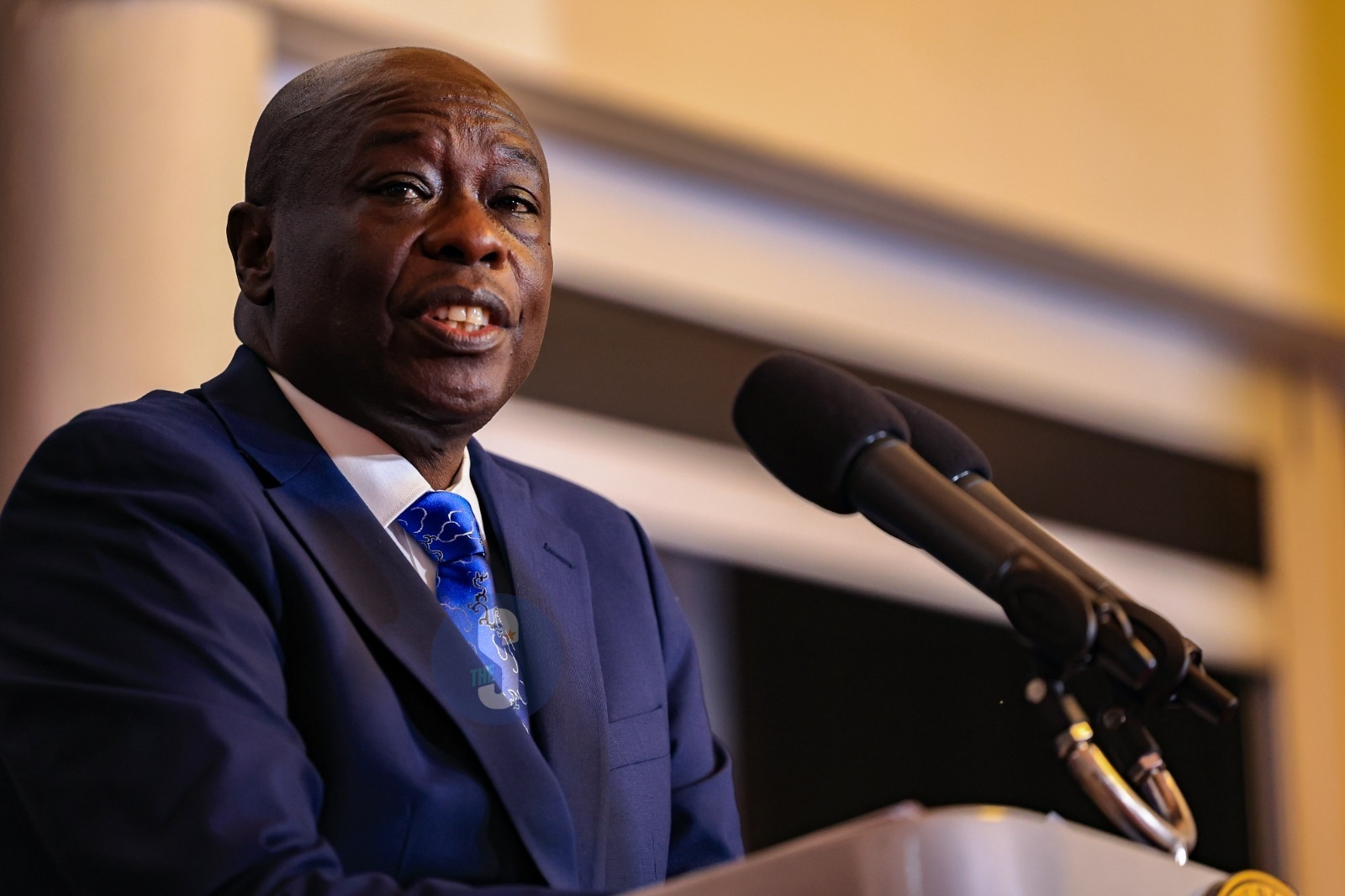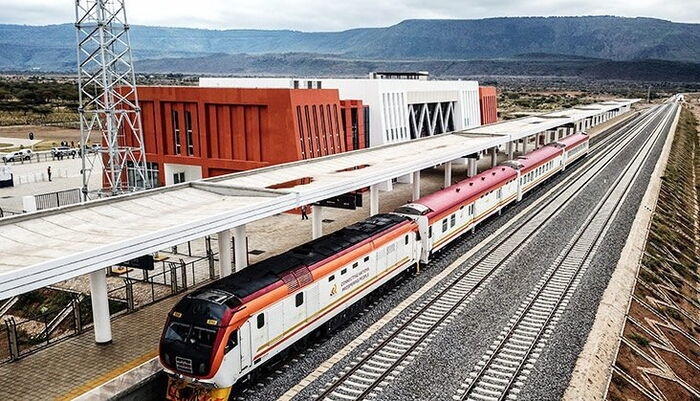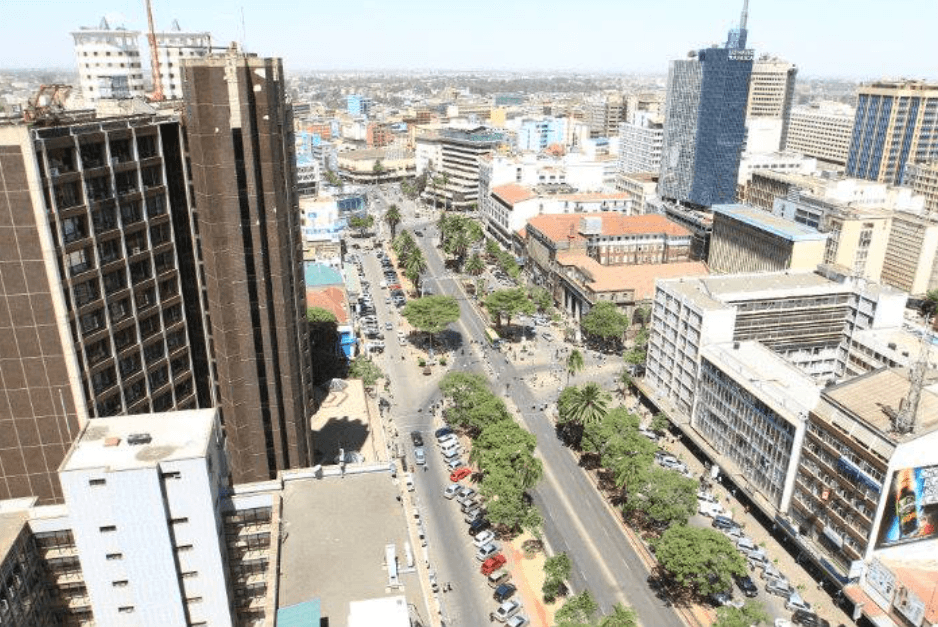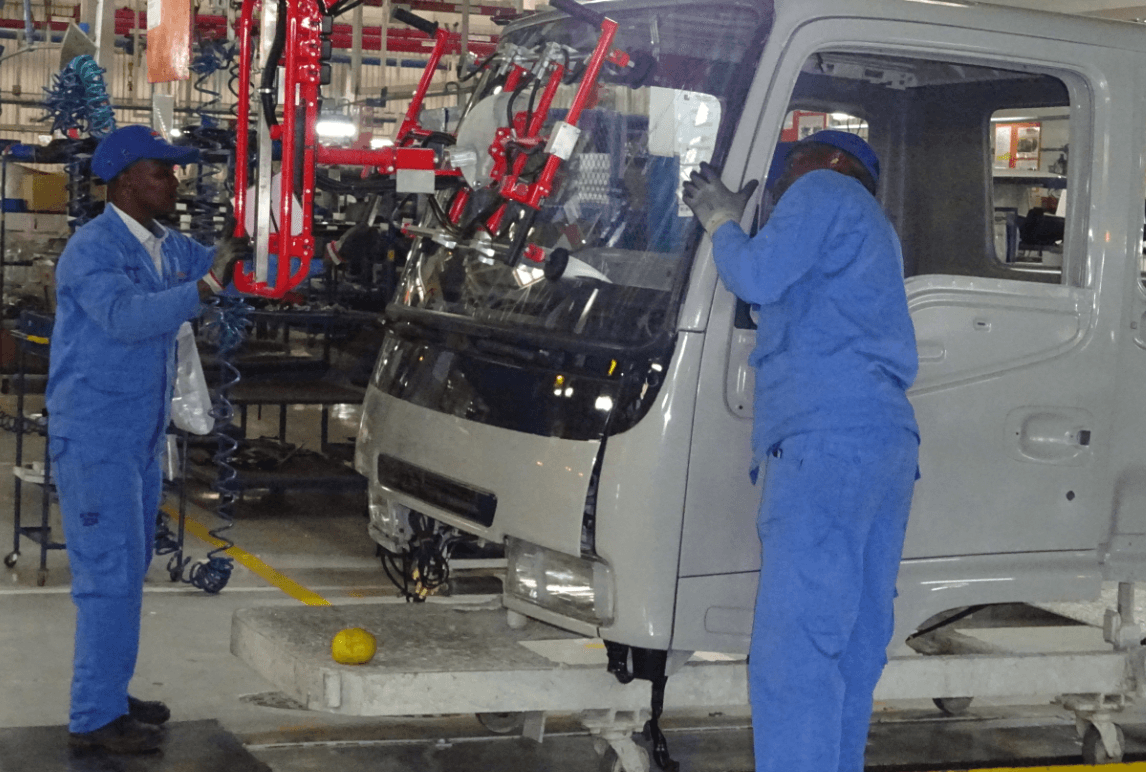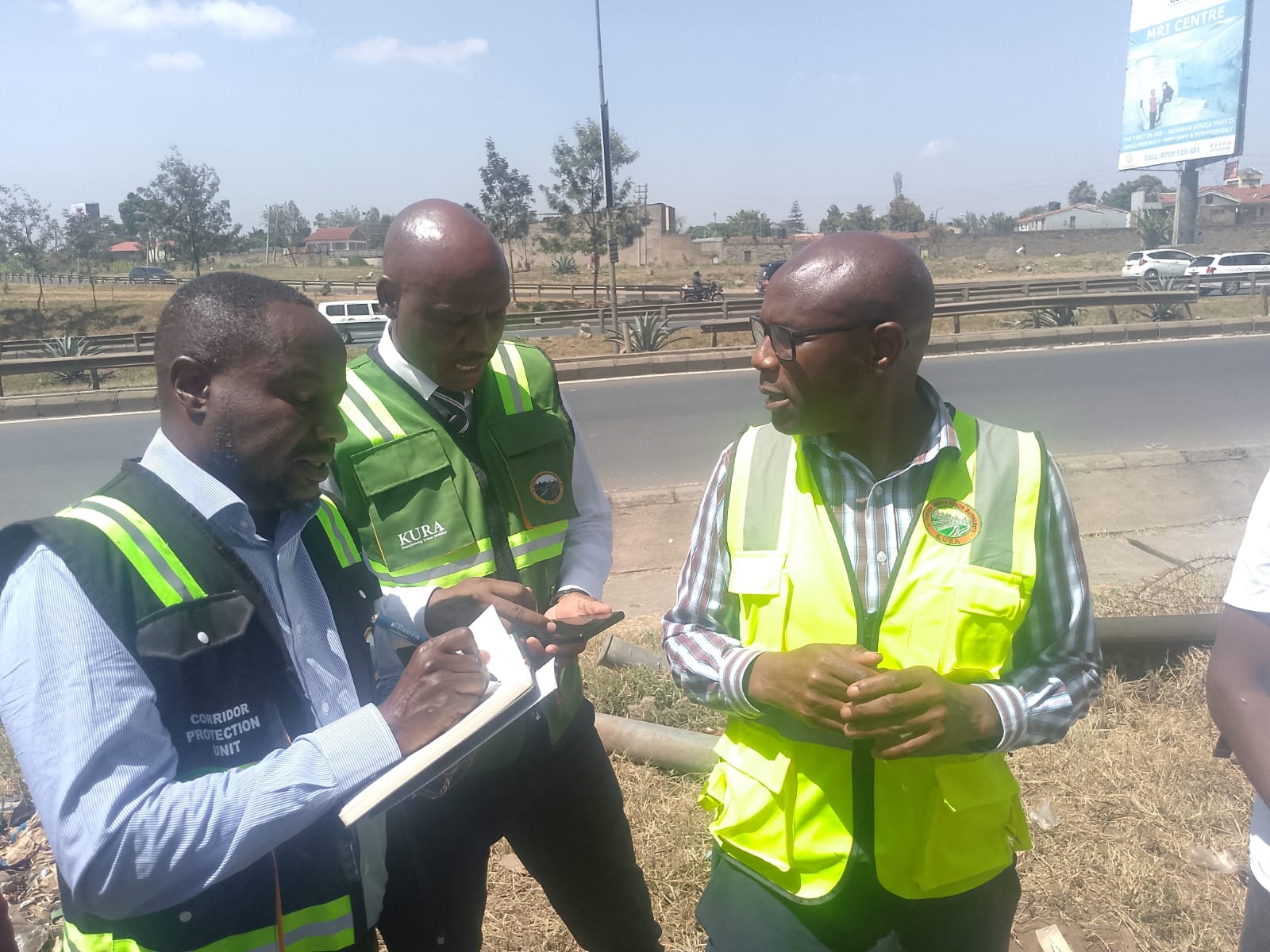Multinationals operating in Kenya are now reported to be starving small oil dealers off product, as they hoard fresh imports in anticipation of a price increase later this week.
This is on the back of higher global crude, which surged towards the $100 per barrel mark in September, which came with production cuts by Russia and Saudi Arabia, amid high demand from the Chinese economy.
Mid-last month, Brent Crude, the oil price benchmark, rose to a 10-month high of almost $94 per, up from $75 per barrel the previous month.
The Energy and Petroleum Regulatory Authority in its September-October fuel prices cycle review quoted crude at $75.61, with the continued weakening of the shilling against the US dollar piling pressure on imports.
According to independent dealers, major Oil Marketing Companies have withdrawn products from the wholesale market, in a move that has seen small players either shut down operations or buy at the pump for re-sale, which means no profit margins.
“They have not been willing to sell at wholesale prices and the reason they are giving is that recently imported stocks are more expensive so they are waiting for new prices,” the Kenya Independent Petroleum Distributors Association (KIPEDA) told the Star.
There are more than 1,200 licensed independent dealers countrywide accounting for about 45 per cent of products sold in the entire market.
This now points to a possible increase in pump prices set to be announced by EPRA on Friday or Saturday, for the October-November cycle, which would expose Kenyan households to a further rise in the cost of living.
Increases in fuel prices have a direct impact on transport costs, agricultural production manufacturing, and the cost of electricity among others, which ultimately push up the cost of living.
With the market indicators, fuel prices are likely to increase beyond the current Sh211.64 on a litre of petrol in Nairobi, Sh200.99 on diesel and the Sh202.61 that a litre of kerosene has been retailing at since mid-last month.
To meet the high operating costs, operators were forced to hike fares by between Sh30 and Sh50 during peak and off-peak hours for areas around Nairobi and its metropolis, according to the Matatu Owners Association.
This has pushed up the cost of transport which according to the Kenya National Bureau of Statistics, the transport index went up by 3.5 per cent between August and September.
“The increase was mainly driven by rise in prices of petrol and diesel by 8.7 per cent and 11.8 per cent, respectively,” KNBS said in its latest data as inflation, the measure of the cost of living, increased to 6.8 per cent last month from 6.7 per cent.
Electricity costs are also set to go up after EPRA raised the Fuel Energy Charge (FEC) to Sh4.94 per unit, from Sh4.16 last per unit month.
Epra also raised the foreign exchange rate fluctuation adjustment from Sh1.38 per unit to Sh2.05.
The government's appetite for higher revenue however remains among the biggest causes of the pain at the pump, as Kenyans pay at least nine different taxes on fuel products, with VAT having recently increased to 16 per cent, from eight per cent.
Other taxes include Excise Duty, Road Maintenance Levy, Petroleum Development Levy, Petroleum Regulatory Levy, Railway Development Levy, anti-adulteration levy, Merchant Shipping Levy and Import Declaration Fee.
Currently, for every litre of petrol, Sh79.31 goes to the government as taxes and levies, Sh67.35 on diesel and Sh62.81 on a litre of kerosene.
OMCs margins are Sh12.39 on petrol and 12.36 on diesel and kerosene, with other costs being on importation(product costs), storage and distribution.
The top 10 OMCs in the country had a combined overall market share of 81.64 per cent in quarter one Q1 2023, data by the Petroleum Institute of East Africa indicate.
Vivo Energy( 33.6%), TotalEnergies (21.8%) Rubis Energy (14%) and OLA Energy (6.6%) and Hass (2.40%), maintained their top five positions with Rubis Energy gaining growth overall and local market share, coinciding with their growth in the retail segment.
It is against the law to create an artificial shortage of petroleum products in the country, where hoarding is an offence under the Petroleum Act No. 2 of 2019.
“ EPRA shall not hesitate to permanently revoke licences for companies or individuals found in breach of the provision,” it has repeatedly warned.
Meanwhile, fuel prices are expected to increase further with the recent fighting between Israel and Hamas, which has already spiked global oil prices.
The conflict is reported to have affected energy production in the Middle East with global benchmark Brent Crude rising 4.2 per cent on Monday.





